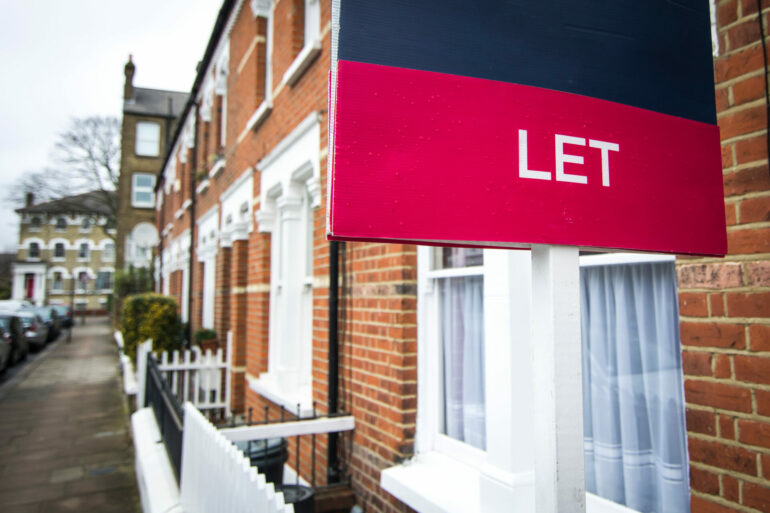A significant rise in the number of older renters is projected within the next decade, reflecting a dip in homeownership rates among the last wave of Baby Boomers and older members of Generation X.
Currently, about 5.7% of households over 65 in the UK rent privately. This number is forecasted to double to 11.5% within a decade. Despite the highest homeownership rates in history, younger generations following the Baby Boomers and Generation X are nearly twice as likely to rent privately, as shown by the English Housing Survey.
“Today, there are around 400,000 older households renting, and this figure is set to pass the 1,000,000 mark in 2033,” said Aneisha Beveridge, head of research at Hamptons. She explained that the increase in older renters, even with no rental growth, implies that households over 65 would go from spending £5.1bn in rent each year to £12.7bn by 2033. This figure is solely based on 2023 rental rates.
Meanwhile, rental rates have been on a consistent upward trend, with rents rising 9.4% from the same period last year. The average rent on a newly let property in Great Britain increased to £1,273 pcm in June, marking a record high. This rise means an additional £1,315 annually for tenants moving into a new home this year compared to last year.
According to Beveridge: “The rising number of older renters reflects the gradual unwinding of the large increase in homeownership rates after the Second World War.” She added that “the recent rise in mortgage rates will make it harder to buy later in life. It’s long been the case that if you’re not on the ladder by 40 years old, it becomes more difficult.”
The rapid rise in rental rates has resulted in an average one-bedroom home in Great Britain now costing the same as a two-bedroom home 15 months ago. Similar trends have been observed with two-bedroom homes, now pricing at what a three-bedroom cost in January 2022.
“The supply squeeze and rising landlord costs are pushing up rents across the market. Additionally, high mortgage rates, which have priced out would-be first-time buyers, are stoking rental demand,” Beveridge said, noting that despite similar numbers of households looking to rent as in 2019, there are 47% fewer homes available.
All in all, the property market is heading towards a significant demographic shift, with older renters becoming a more prominent group. As Beveridge concluded: “Over the next decade, there’s likely to be an increase in older households still paying off their mortgage beyond the age of 65. However, this increase is likely to be a small fraction of the growing number who will be paying rent beyond pensionable age, which in turn has the potential to bear significant social, economic, and political consequences down the line.”



